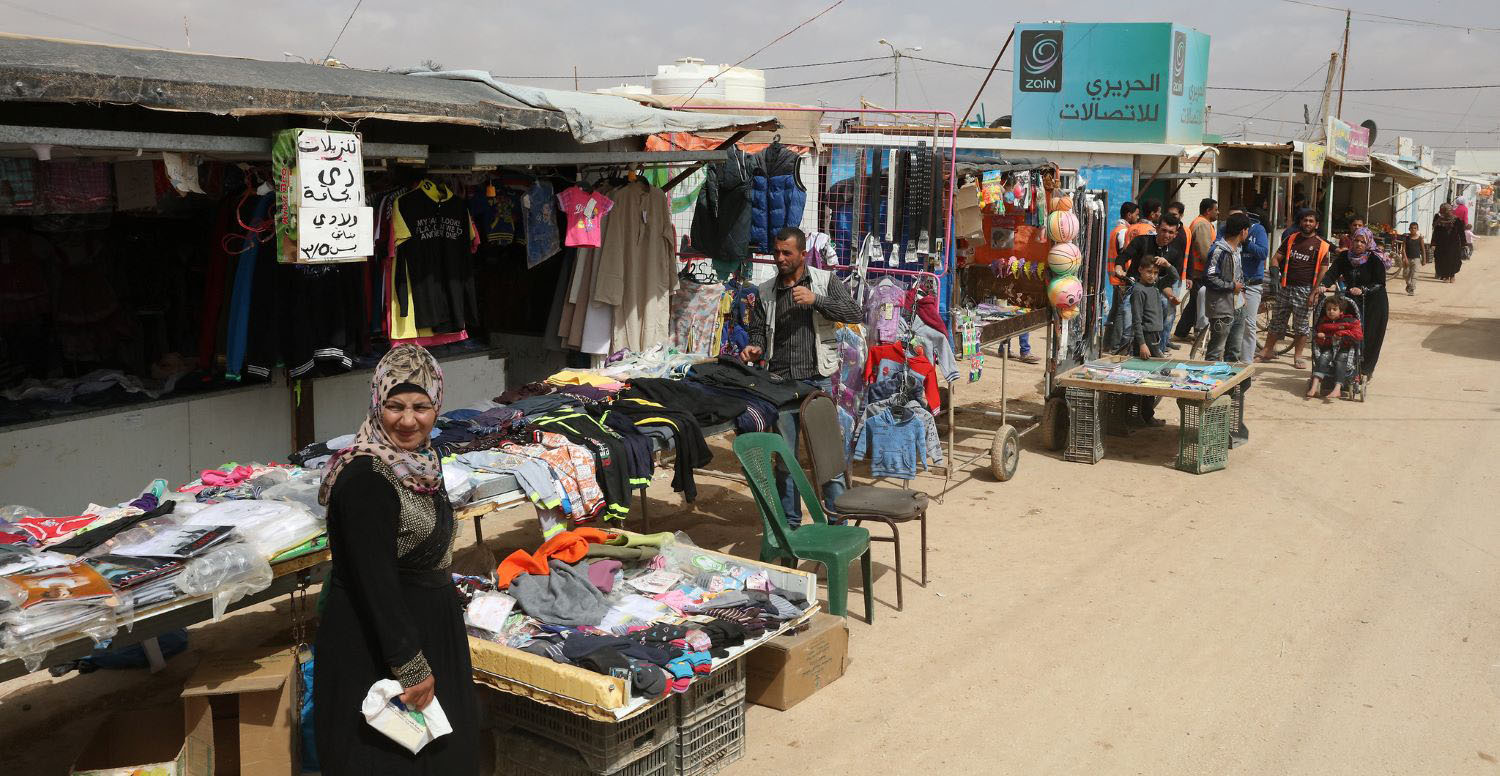Migration out of poor countries will continue throughout this century. By wishing otherwise, and devoting all their attention to walling themselves in, politicians will miss a vast opportunity to shape that migration in ways that benefit all parties involved. That window of opportunity is open now. But it will not remain open long.
The rising migration to come is driven by enormous disparities between countries in prosperity, demography, and security. But our policy tools to regulate it are outdated and hopelessly insufficient. To rise to this challenge, channels for lawful migration must be built from the ground up for shared benefit—not “more migration” on the same terms we’ve seen, but new kinds of migration.
We have a chance to create those new kinds of migration. At this moment the international community is negotiating a Global Compact for Migration. Policy leaders from around the world gather next week in Puerto Vallarta, Mexico to begin drafting that Compact. This is a once-in-a-generation opportunity to shape what the future of migration will look like.
The elephant in the room will be how lawful channels of migration can address the gargantuan pressures for migration in ways that are mutually beneficial. Sub-Saharan Africa alone will have 800 million new, energetic labor force participants within a few decades, all seeking jobs at a pace developing countries cannot match. That increase is 24 times the current labor force of the United Kingdom.
Under such pressures, offering no new channels for migration at all will fuel an explosion in black markets and a human rights catastrophe. But simply expanding current channels of lawful migration fails to address a crack at the heart of these negotiations: low-skill migration is seen as a threat by many in migrant-destination countries, while high-skill migration is seen as a threat—a drain—by many in migrant-origin countries. That leaves migration, on current terms, without a broad constituency in international negotiations.
The Global Compact for Migration has a chance to propose specific new ways to fill this crack. Many different ways are needed. I’ve proposed one way that shows great promise. The Compact should commit to piloting Global Skill Partnership agreements between developing countries of migrant origin and developed countries of migrant destination.
A Global Skill Partnership is a bilateral agreement in which a migrant destination country gets directly involved in creating human capital among potential migrants in a country of origin—before they migrate. Destination-country employers and governments provide technology and finance for vocational training of potential migrants, in exchange for access and placement at the destination—and, critically, paired with the training of other workers who will remain in the origin country.
Agreements of this kind ensure that destination countries receive migrants with the skills to integrate quickly and contribute maximally. They ensure that origin countries receive a stronger human capital base without a net drain of fiscal or human resources. And they ensure that migrants and their families can safely pursue international opportunities if they wish. Aspects of the Global Skill Partnership approach have been tested in numerous settings, but new pilot programs are needed to adapt the model to directly address rising migration pressures, such as those in sub-Saharan Africa and Central America.
Next week’s meeting in Mexico is critical. Leaders from the United Nations, its Member States, nongovernmental organizations, and civil society will be there. As they start drafting the Global Compact for Migration, they will be shaping millions of people’s lives in this century. That document must include practical recommendations on specific new ways that Member States can shape migration for their own goals. A commitment to pilot Global Skill Partnerships should be one of them.
CGD blog posts reflect the views of the authors, drawing on prior research and experience in their areas of expertise.
CGD is a nonpartisan, independent organization and does not take institutional positions.





